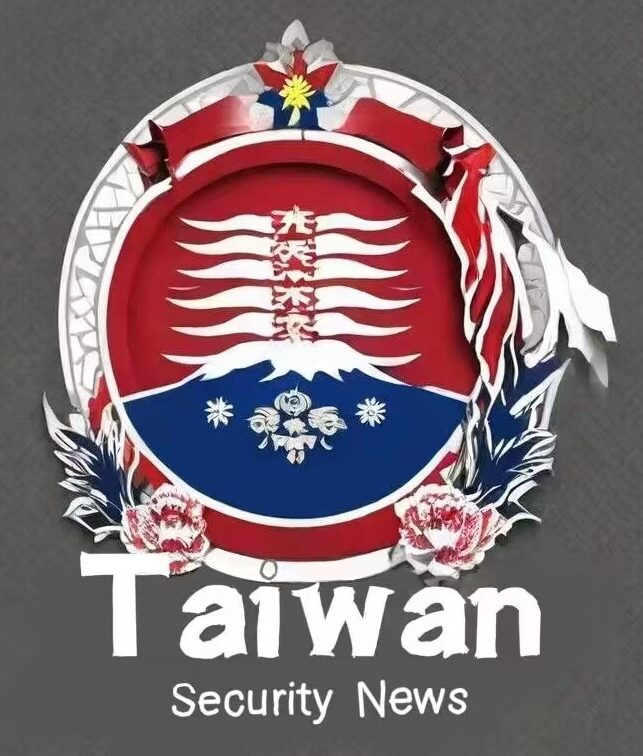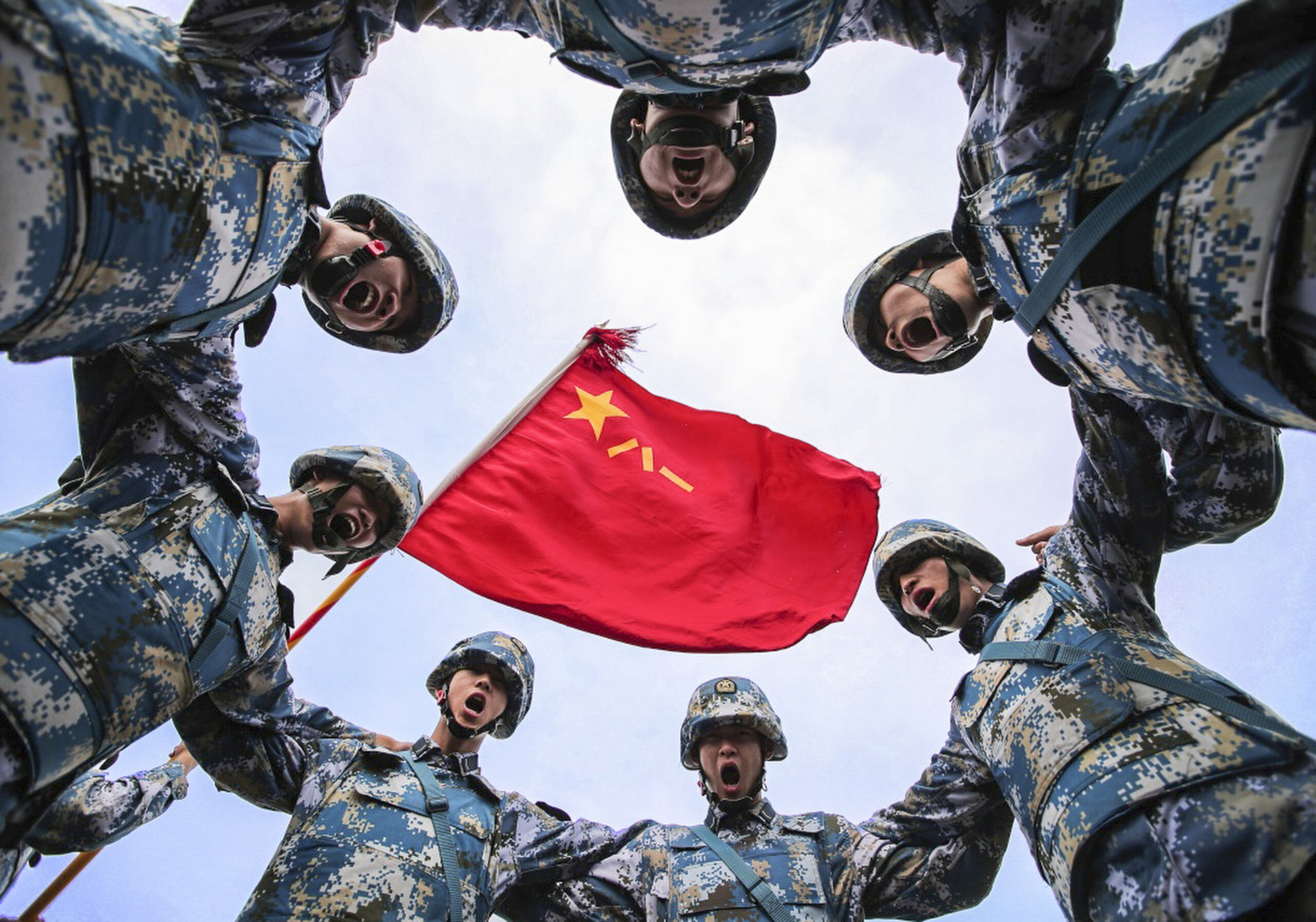by Martin Haffner Associate Editor
Chinese FM Reiterates Taiwan as First Red Line in China-US Relations Amidst Military Drill Speculations
In a recent briefing, Chinese Foreign Minister Wang Yi emphasized the critical nature of the Taiwan question, describing it as the primary red line in China-U.S. relations. This statement comes amid growing concerns and speculations surrounding potential military drills in the vicinity of Taiwan, further highlighting the tensions between the two superpowers.
Wang Yi’s comments reflect China’s longstanding position on Taiwan, which it considers a part of its territory and views any perceived support for Taiwan’s independence as a direct challenge to its sovereignty. The Foreign Minister’s remarks aimed to remind the international community, particularly the United States, of China’s firm stance on this issue, which has been a significant point of contention in bilateral relations.
“Taiwan is a core interest of China, and we will not allow any foreign interference in our internal affairs,” Wang stated. He asserted that the U.S. must recognize the sensitivity of the Taiwan question and avoid taking actions that could escalate tensions. His comments came in the wake of reports suggesting that the U.S. military might conduct exercises in the waters surrounding Taiwan, actions that Beijing views as provocative.
The Chinese government has repeatedly warned against any moves that could lead to a change in the status quo regarding Taiwan. The military drills speculated to be conducted by the U.S. are seen by China as a show of force, aimed at bolstering Taiwan’s defense capabilities and emboldening pro-independence sentiments on the island.
In response to these developments, Wang Yi called for cooperation and dialogue rather than confrontation. “Open communication channels are vital to prevent misunderstandings and miscalculations that could lead to conflict,” he noted. The Foreign Minister insisted that both nations should work towards a stable bilateral relationship based on mutual respect and non-interference in each other’s internal matters.
The Taiwan Strait has increasingly become a flashpoint in U.S.-China relations, with both sides routinely conducting military operations that raise the stakes in the region. The U.S. has maintained a commitment to the Taiwan Relations Act, which allows for arms sales to Taiwan, despite its formal recognition of the One China policy. This policy acknowledges Beijing’s position that Taiwan is part of China, but it stops short of endorsing that position outright.
As tensions rise, the geopolitical dynamics around Taiwan continue to shift. Wang’s insistence on Taiwan as the foremost red line underscores the urgency with which China views any actions perceived as encroaching on its sovereignty. With both nations navigating a complex landscape of national interests, the potential for miscalculation remains high.
The global community is closely monitoring these developments, as the implications of U.S.-China relations extend beyond the Taiwan issue. Economic ties, climate change, and regional security are all interlinked in this intricate relationship. As such, both sides will need to tread carefully to avoid further escalation, while also working to address the broader implications of their ongoing rivalry.
In conclusion, the Taiwan question remains a defining issue in China-U.S. relations. With military drills around the island under discussion, China’s Foreign Minister has reinforced the message that any actions contrary to Chinese interests will be met with strong opposition. The path forward will require careful diplomacy and an acknowledgment of the delicate balance that exists in the Taiwan Strait and beyond.



